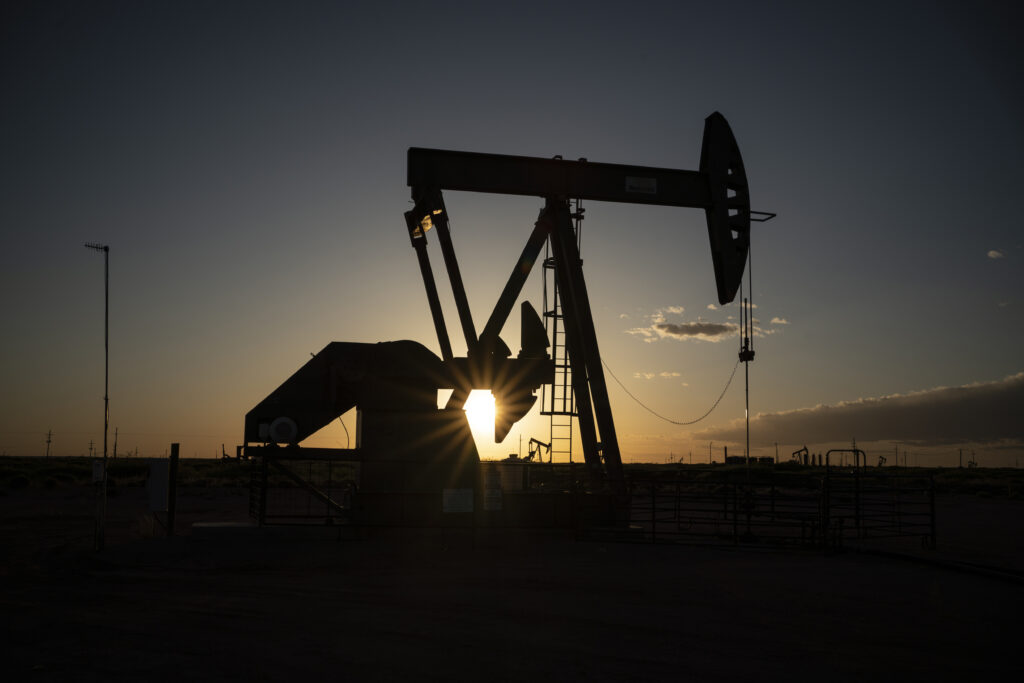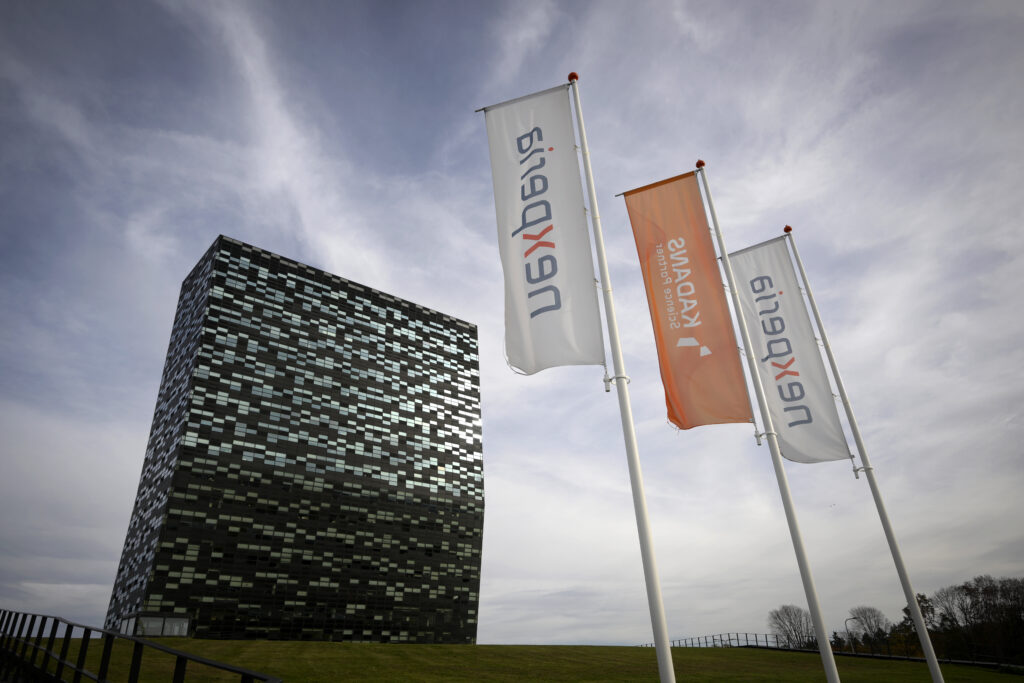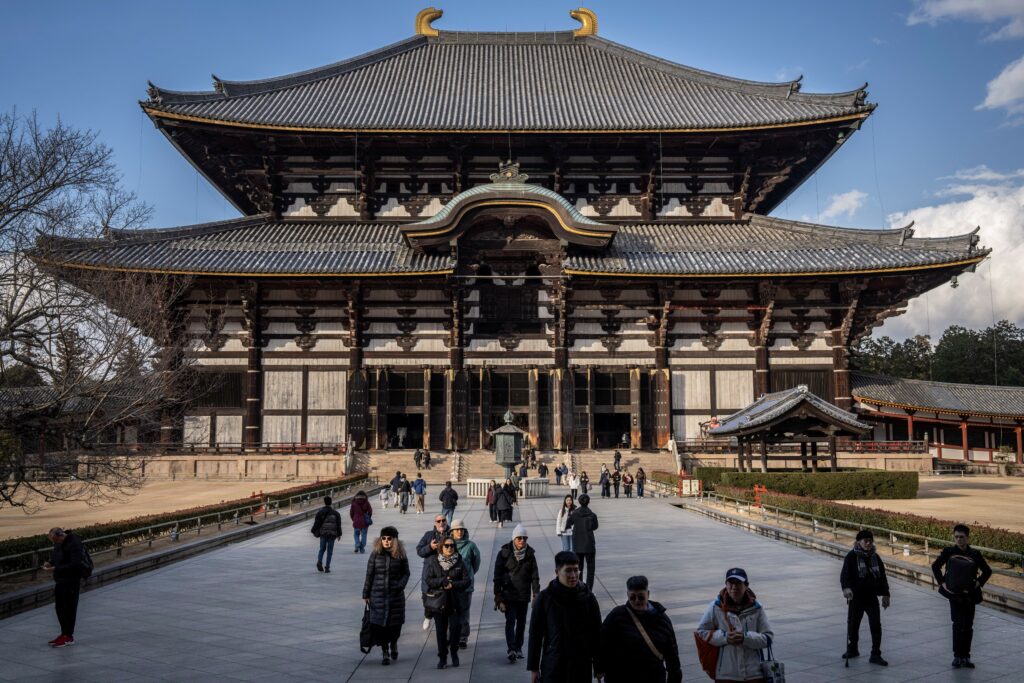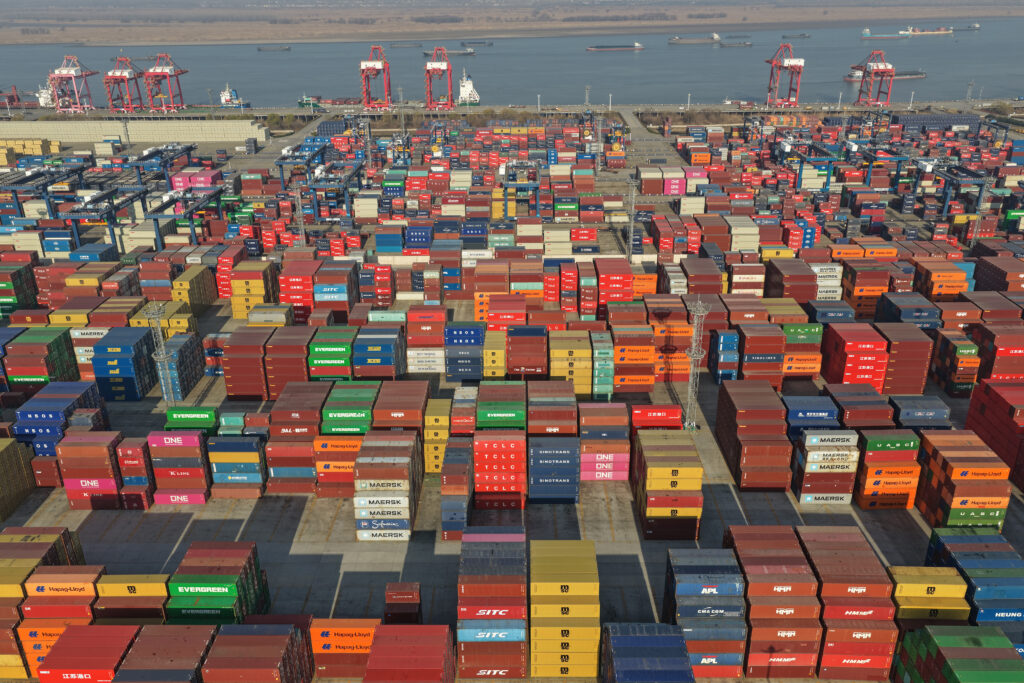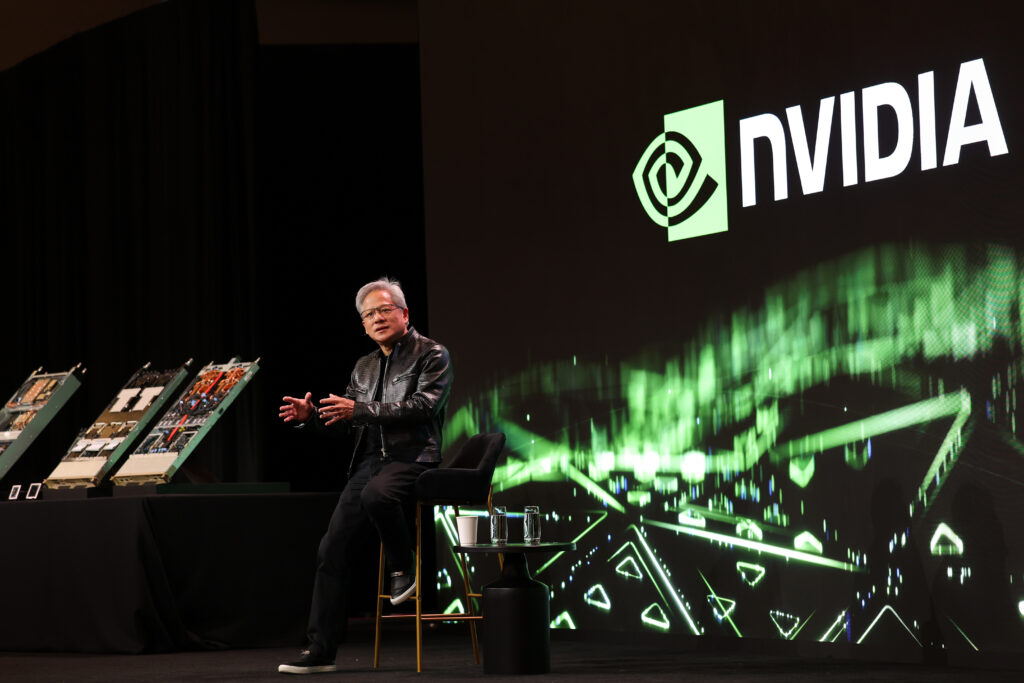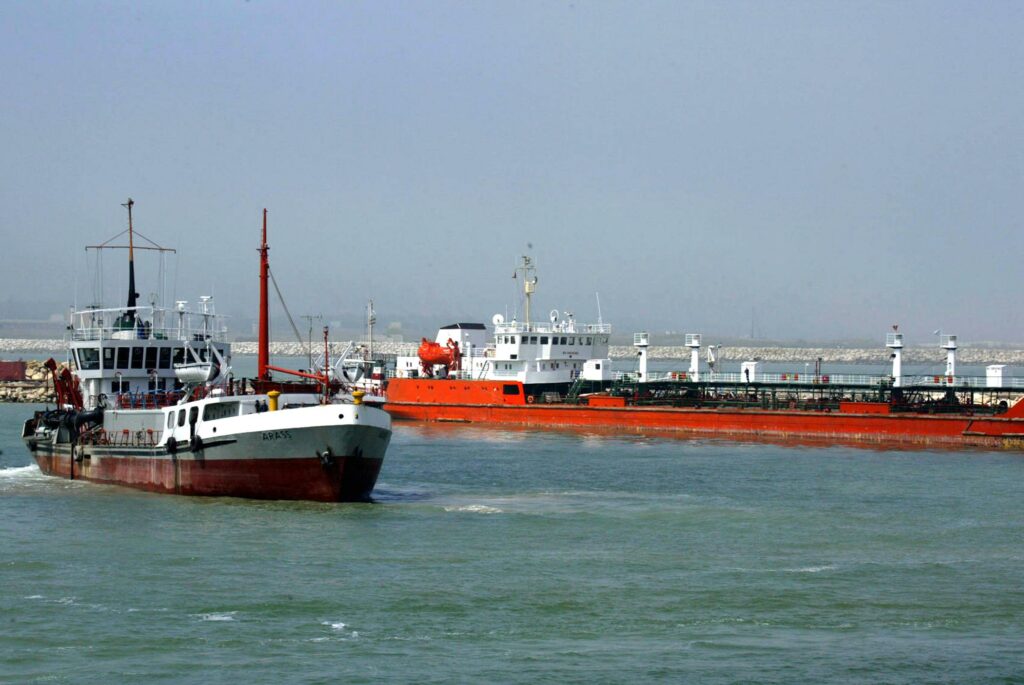Oil prices extend gains on Iran worries
Oil prices rose further Wednesday on the political instability in major crude producer Iran and the possibility of a US intervention, which also helped push safe-haven gold to a new record high while weighing on the dollar.Wall Street’s main stock indices fell despite US retail sales posting a higher-than-expected 0.6 percent increase in November and several major US banks beating earnings expectations.”Things are looking a little softer at the moment, reflecting a heightened sense of uncertainty in the air,” said Briefing.com analyst Patrick O’Hare.”Some of that uncertainty revolves around the path of monetary policy after this morning’s economic data worked against the notion of needing to cut rates again soon,” he noted.Recent data has indicated the US economy continues to hum, the labour market has not seen a major degradation and inflation is holding at a moderate level above the US Federal Reserve’s target.The Fed has tipped it would probably wait to make further cuts in interest rates, and most investors expect it will likely hold off for several months.O’Hare also pointed to traders waiting for a possible US Supreme Court ruling on Wednesday on the legality of US President Donald Trump’s sweeping tariffs.A ruling against the government would prove a temporary setback to its economic and fiscal plans, though officials have said that tariffs can be reimposed by other means.Meanwhile, China said its trade last year reached a “new historical high”, surpassing 45 trillion yuan ($6.4 trillion) for the first time.Global demand for Chinese goods has held firm despite a slump in exports to the United States after Trump hiked tariffs.Other trade partners more than filled the gap, increasing Chinese exports overall by 5.5 percent in 2025.”We expect this resilience to continue through 2026,” said Zichun Huang, China economist at Capital Economics.Much attention among traders remained on Iran, with Tehran warning it was capable of responding to any US attack, as Washington appeared to be pulling personnel out of a base that Iran targeted in a strike last year.”Traders are closely watching the political unrest in Iran and possible US intervention, which could threaten disruption to the country’s… oil production,” said Helge Andre Martinsen, senior energy analyst at DNB Carnegie.In European stocks trading London set a fresh all-time high thanks to gains in mining stocks, but Frankfurt and Paris slid lower. Asian stock markets mostly gained.Tokyo shares jumped by 1.5 percent while the yen slumped to its lowest value since mid-2024 amid media reports that Prime Minister Sanae Takaichi planned to hold an election as soon as February 8.Takaichi’s cabinet — riding high in opinion polls — has approved a record 122.3-trillion-yen ($768 billion) budget for the fiscal year from April 2026.She has vowed to get parliamentary approval as soon as possible to address inflation and shore up the world’s fourth-largest economy.”We are seeing a shift in sentiment that could see European and Asian equities gain ground on their US counterparts,” said Joshua Mahony, chief market analyst at Scope Markets.On the corporate front, British energy giant BP revealed a write-down of up to $5 billion linked to its energy transition efforts that will be reflected in the company’s upcoming annual results.Its share price traded lower most of the day but closed the day with a gain of 1.5 percent.- Key figures at around 1630 GMT -Brent North Sea Crude: UP 0.8 percent at $65.96 per barrelWest Texas Intermediate: UP 0.7 percent at $61.35 per barrelNew York – Dow: DOWN 0.1 percent at 49,124.17 pointsNew York – S&P 500: DOWN 0.7 percent at 6,917.81New York – Nasdaq Composite: DOWN 1.1 percent at 23,440.38London – FTSE 100: UP 0.5 percent at 10,184.35 (close)Paris – CAC 40: DOWN 0.2 percent at 8,330.97 (close)Frankfurt – DAX: DOWN 0.5 percent at 25,286.24 (close)Tokyo – Nikkei 225: UP 1.5 percent at 54,341.23 (close)Hong Kong – Hang Seng Index: UP 0.6 percent at 26,999.81 (close)Shanghai – Composite: DOWN 0.3 percent at 4,126.09 (close)Euro/dollar: UP at $1.1656 from $1.1643 on TuesdayPound/dollar: UP at $1.3448 from $1.3426Dollar/yen: DOWN at 158.25 yen from 159.15 yenEuro/pound: DOWN at 86.66 pence from 86.71 penceburs-rl/cw
